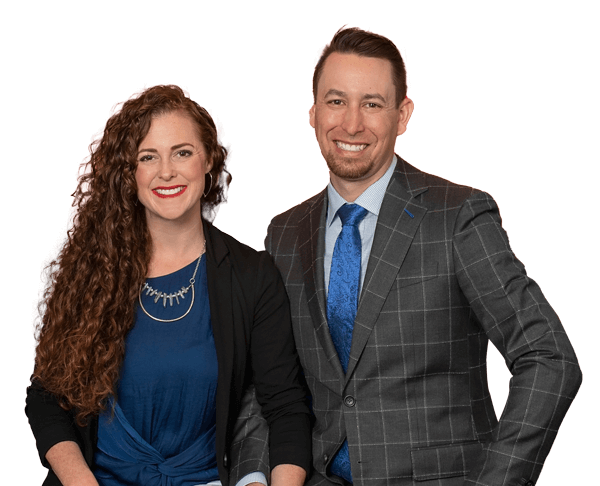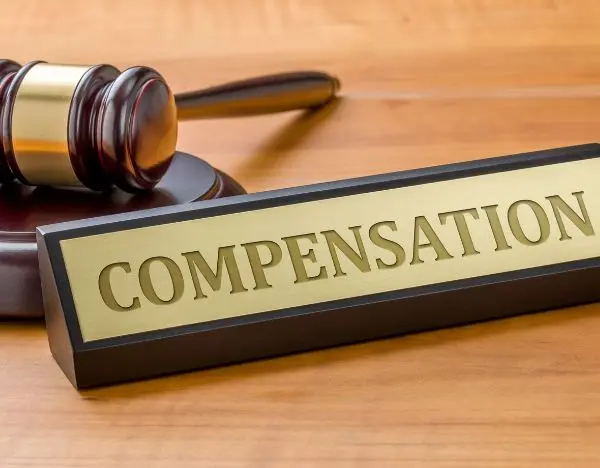Menu
Boise:
Sacramento:
Boise:
Sacramento:

Car accidents can be life-altering events, often resulting in physical injuries, emotional trauma, and financial burdens. If you've been involved in a car accident in Eagle, Idaho, or the surrounding areas, understanding the types of compensation available to you is crucial. This guide will explore the common forms of car accident compensation and how a car accident lawyer can assist you in pursuing fair reimbursement for your losses.

Car accident compensation refers to the financial reimbursement provided to individuals who have been involved in a vehicle collision. This form of compensation is designed to cover the various losses and damages that result from the accident, helping victims recover both financially and personally from the impact of the incident.
The primary purpose of car accident compensation is to restore the injured party to the position they would have been in had the accident not occurred. This concept, known as "making the victim whole," involves addressing both the tangible and intangible consequences of the collision.
Let's go over the most common types of car accident compensation you may qualify for:
One of the primary types of car accident compensation is coverage for medical expenses. This category encompasses a wide range of costs associated with treating injuries sustained in the accident, including:
It's important to keep detailed records of all medical expenses incurred as a result of the accident. A car accident lawyer can help you gather and organize this information to ensure you seek appropriate compensation for both current and future medical needs.
If your injuries prevent you from working, you may be eligible for compensation for lost wages. This type of car accident compensation covers the income you would have earned had the accident not occurred. In severe injuries that impact your ability to work long-term or permanently, you may also be entitled to compensation for loss of earning capacity. This accounts for the difference between what you earned over your lifetime without the injury and what you can now expect to earn given your limitations.
Calculating lost wages and loss of earning capacity can be complex, especially when considering potential promotions, bonuses, and career advancements. A car accident lawyer can work with economic experts to accurately assess these losses and advocate for fair compensation.
Unlike medical expenses and lost wages, pain and suffering fall under non-economic damages. This type of car accident compensation aims to address the physical pain and emotional distress caused by the accident and subsequent injuries. Factors that may be considered when determining pain and suffering compensation include:
Quantifying pain and suffering can be challenging, as there's no universal formula for calculating these damages. Insurance companies often use various methods to estimate pain and suffering compensation, but these calculations may not always reflect the true impact on the victim's life. A car accident lawyer can help present a compelling case for fair compensation based on the specific circumstances of your situation.
Car accident compensation typically includes coverage for property damage, primarily to your vehicle. This may involve:
When seeking compensation for property damage, it's essential to obtain multiple repair estimates and documentation of your vehicle's pre-accident value. A car accident lawyer can assist in negotiating with insurance companies to ensure you receive fair compensation for your property losses.
In cases where injuries from a car accident significantly impact personal relationships, particularly between spouses, compensation for loss of consortium may be available. This type of car accident compensation acknowledges the loss of companionship, affection, and support that can occur when one partner is severely injured. While more challenging to quantify than other forms of compensation, loss of consortium can be an important component of a comprehensive claim.
In some cases, particularly those involving reckless or intentional misconduct by the at-fault party, punitive damages may be awarded. Unlike other types of car accident compensation that aim to make the victim whole, punitive damages are intended to punish the wrongdoer and deter similar behavior in the future. These damages are not common in all car accident cases but may apply to situations involving drunk driving, extreme speeding, or other egregious acts.
Navigating the complexities of car accident compensation can be overwhelming, especially when dealing with injuries and recovery. A car accident lawyer can provide invaluable assistance throughout the process:
Navigating car accident compensation can be complex. Don't face it alone. Contact Meyer Injury Lawyers in Eagle, Idaho, for a free consultation. Our experienced team is ready to help you understand your rights and pursue the compensation you deserve.
To help you better understand car accident compensation in Idaho, we've compiled a list of frequently asked questions:
In Idaho, you generally have two years from the accident date to file a personal injury lawsuit. For property damage claims, you have three years. However, starting the process as soon as possible is advisable to ensure evidence is preserved and witnesses' memories are fresh.
Idaho is a "fault" state. This means that the person responsible for causing the accident is also responsible for any resulting harm. The at-fault driver's insurance is typically expected to cover the damages.
Idaho follows a "modified comparative negligence" rule. You can recover damages as long as you're found to be less than 50% at fault for the accident. However, your compensation will be reduced by your percentage of fault. You cannot recover damages if you're 50% or more at fault.
Idaho allows for various types of compensation, including medical expenses, lost wages, property damage, pain and suffering, and sometimes punitive damages. The specific types available depend on the details of your case.
In most personal injury cases, Idaho does not have a cap on economic damages (such as medical bills and lost wages) or non-economic damages (like pain and suffering). However, a cap on non-economic damages in medical malpractice cases may apply if your injuries involve medical treatment errors.
If you have uninsured/underinsured motorist coverage (which is not mandatory but recommended in Idaho), you can file a claim with your insurance company. Otherwise, you may need to pursue legal action directly against the at-fault driver.
The timeline can vary significantly depending on the case's complexity, the severity of the injuries, and whether a lawsuit is filed. Simple cases might be resolved in a few months, while more complex cases could take a year or more.
While it's not legally required, having a car accident lawyer can be beneficial, especially in complex cases or severe injuries. A personal injury lawyer can help you navigate Idaho's laws, negotiate with insurance companies, and ensure you seek fair compensation for all your damages.
There's no set formula for calculating pain and suffering in Idaho. It often depends on factors such as the severity of injuries, impact on daily life, and recovery duration. A car accident lawyer can help present a strong case for fair pain and suffering compensation.
Remember, while these FAQs provide general information, every car accident case is unique. It's best to consult with a car accident lawyer familiar with Idaho laws and procedures for specific advice tailored to your situation.

Attorney Advertising | Prior results do not guarantee a similar outcome. The information on this website is for general information purposes only. Nothing on this site should be taken as legal advice for any individual case or situation. This information is not intended to create, and receipt or viewing does not constitute, an attorney-client relationship. This site is protected by reCAPTCHA and the Google Privacy Policy and Terms of Service apply.